For Facts’ Sake: Navigating the murky world of online misinformation
President John Adams famously said, “Facts are stubborn things.” So Adams would surely be surprised to learn that, nearly two centuries after his death (on the same day Thomas Jefferson died – you can look it up), Americans would be bitterly divided over even the most basic of facts.
These days people will argue over such nonsense as whether the world is round (it is), whether Bill Gates is tracking us all through microchips in the Covid vaccine (he’s not), and whether rapper Tupac Shakur is still alive (RIP). The problem, as you can probably guess, is that the Internet feeds us whatever we want to believe, and worse still, it creates and encourages communities of like-minded, fact-challenged misbelievers, who amplify and reinforce one another’s false information.
Identifying trustworthy sources
Fortunately, while the Internet is awash in misinformation, it also happens to be the greatest fact-checking tool in history – if you know how to use it properly. When it comes to fact-checking information found online my personal mantra is this: consider the source. Information that comes from government agencies, academic institutions, non-partisan groups and major news media organizations tends to be the most well vetted, although mistakes do still happen. Reputable sources will fix and acknowledge these mistakes because they have a vested interest in maintaining credibility and the public’s trust.
At the other end of the spectrum are what I would categorize as two kinds of untrustworthy sources. One is the nefarious actors who stoke conspiracy theories, spout propaganda and pursue an agenda, political or otherwise, that intentionally deceives readers. But another, less often discussed, untrustworthy type of source is those who publish/post material online and simply don’t bother to check whether it’s true. These are the echo chamber builders who care less about truth than about advancing a narrative, whatever it may be.
Part of the beauty of being an investigator is that we are, by nature, fact-focused people. No one wants to pay us to lie to them. Our clients may have an agenda, and may hire us to pursue facts in service of that agenda, but if the information we provide is false it can have dire consequences, such as a disastrous business deal, a bad hiring decision, or even a threat to a client’s physical safety.
Election year ramps up need for fact-checking
During this election year, the focus on facts in news reports and social media is already in high gear. Artificial intelligence and deep fakes promise to only make fact-checking more difficult, but also make it more important than ever. Fact-check sites such as Politifact, FactCheck.org and Snopes.com have built their reputations on debunking false information from politicians, conspiracy theorists and others. They’re great resources for verifying suspect information and, most importantly, they explain why a fact is or isn’t true rather than just repeating what others are saying. Or, to put it another way, they “bring the receipts.”
There’s even an International Fact-Checking Network (April 2 happens to be their International Fact-Checking Day), run by the Poynter Institute, that writes about and celebrates fact-checking around the world. And believe me, the U.S. is hardly alone in needing fact-checking now more than ever.
All of us, whether professional investigators or just citizens trying to get at the truth, need to focus not just on the information we are told, but on the quality of the sources behind it. Finding information has never been easier. It’s finding facts that’s gotten hard.
